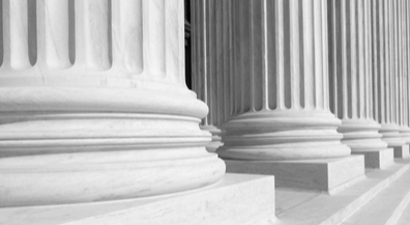Second Draft Carbon Tax Bill
National Treasury published a second draft Carbon Tax Bill for introduction in parliament, as well as for public comment on 14 December 2017.
The actual date of implementation of the carbon tax will be determined through a separate and later process by Minister Gigaba through an announcement during 2018 or at the Budget 2019, taking into account the state of the economy.
In terms of the 2015 Paris Agreement (on climate change) South Africa committed to a National- determined contribution (“NDC”) and to reduce greenhouse gas emissions in line with the National Climate Change Response Policy and National Development Plan. The Carbon Tax Bill will enable South Africa to meet these criteria.
South Africa ratified the Paris Agreement in November 2016 and endorsed its NDC, which requires that our greenhouse gas (“GHG”) emissions peak in 2020 to 2025, plateau for a 10 year period from 2025 to 2035 and declined from 2036 onwards. The Paris Agreement comes into operation in 2020 and accordingly South Africa cannot afford any further delays should it wish to meet these commitments.
First Phase: Revenue Neutral and Low Impact on Electricity
It is envisaged that in the first phase of the policy (up to 2022), a package of tax incentives and revenue recycling measures will be introduced to minimise the impact on the price of electricity and energy intensive sectors such as mining, iron and steel.
In order to ensure a minimal impact on the price of electricity in the initial phase, a credit for (or a reduction in) the electricity generation levy and the renewable electricity premium (built into the current price of electricity) will also be introduced.
Review After First Phase
Beyond the first phase, a review of the impact of the tax after at least three years’ implementation will be conducted. The review will consider progress made to reduce GHG emissions, in line with our NDC commitments and any future changes to rate in tax free thresholds in the carbon tax will follow the same consultative process.
Previous Public Comment
This Bill has been revised to take into account the substantive comments received by the Treasury from various stakeholders. The main comments related to electricity prices, electricity generation levy and renewable energy premium.
Polluter Pays Principle
Treasury has reiterated that carbon tax seeks to give effect to the “polluter pays principle” by ensuring that the real cost of GHG emissions to the environment and society are directly incorporated into the prices of carbon intensive production activity. The tax aims to encourage companies to change their future behaviour by taking steps now to gradually change their fuel input, production techniques and processes by encouraging investments in energy efficient, low carbon technologies to lower the emissions.
Alignment of Carbon Tax and Carbon Budget
National Treasury has advised that the mandatory carbon budgets regime will be introduced in a way that is fully aligned with the carbon tax and designed to ensure no double penalty. An integrated review process to assess both carbon tax and carbon budgets will be done after three years of implementation of the carbon tax, and will inform any significant changes in the tax rate and the implementation of the carbon budget.
Due Date for Comments
Stakeholders are invited to submit written comments on the draft carbon tax bill by close of business on 09 March 2018 to carbontaxbillcomments@treasury.gov.za.




 LTD)
